Business Briefs


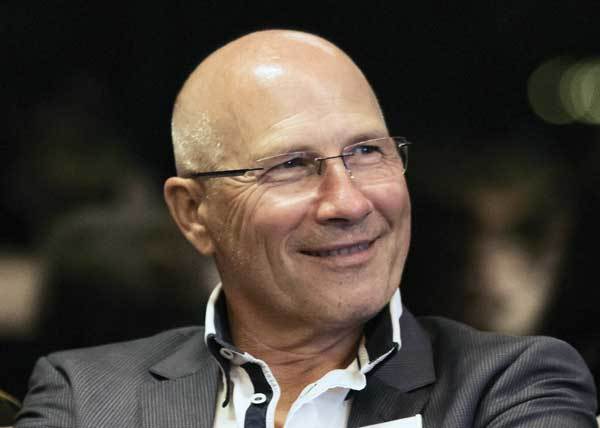



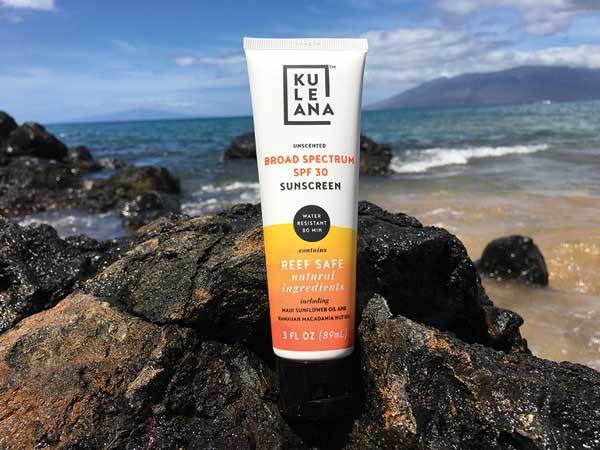
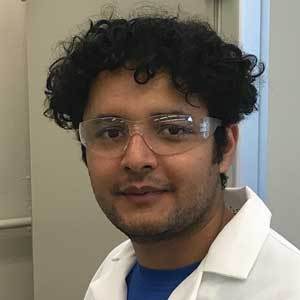

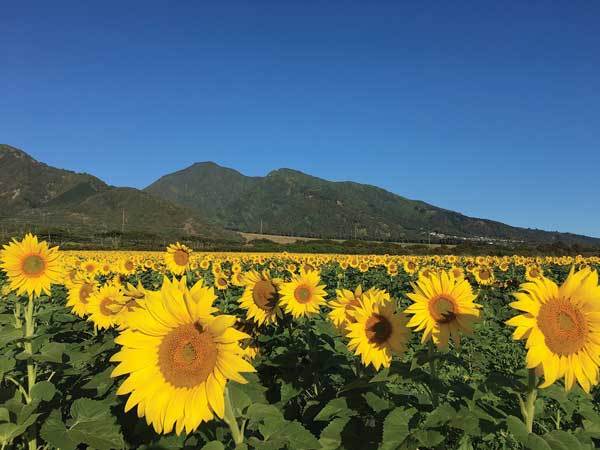
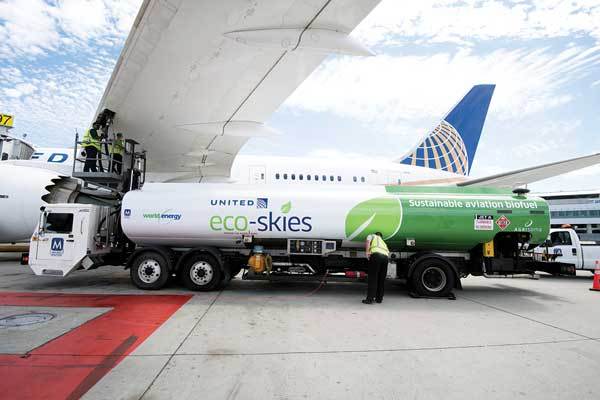
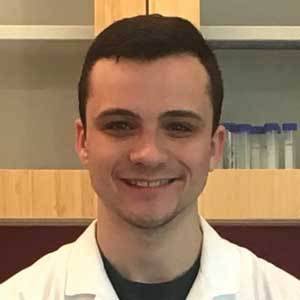

PHOTO: BDI HOLDING GMBH
October 26, 2018
BY Ron Kotrba
Maiden Hawaii Naturals LLC, a wholly owned subsidiary of Pacific Biodiesel, has introduced Kuleana Sunscreen, a natural, reef-safe product. Made from plant-based oils, minerals and other natural ingredients—including the company’s locally made macadamia and sunflower oils—the sunscreen contains no ecologically harmful chemicals such as oxybenzone and octinoxate, which were recently banned by Hawaii’s new sunscreen law. Kuleana Sunscreen will support Hawaii-based environmental organizations through its membership in the global organization, 1% for the Planet.
U.K. biodiesel producer Greenergy has acquired Singapore-based used cooking oil exporter Rexon Energy. The acquisition comes less than two months after purchasing an idle biodiesel facility in Amsterdam. The acquisition of Rexon Energy will help provide raw materials for its three biodiesel manufacturing operations in Immingham and Teeside on the east coast of England, along with its new Amsterdam-based facility, scheduled to begin operating next year. In July, Greenergy reached an agreement with tank terminal operator Oiltanking Amsterdam B.V. to purchase an idle biodiesel manufacturing facility in Amsterdam. The plant was built in 2010 to process vegetable oils but was never commissioned. Greenergy plans to retrofit the facility to process waste oils and expand production capacity. Oiltanking will provide Greenergy with storage facilities for feedstock and biodiesel, in addition to other support services per a long-term agreement between the two entities.
Austria-based biodiesel technology pioneer BDI-BioEnergy International has recently completed organizational restructuring. Helmut Goessler, founder, CEO and major shareholder, said as a result of the changes the firm is better equipped for the future and to react more quickly to market changes. In 2016, BDI officially delisted from the Frankfurt Stock Exchange. Subsequently, BDI Holding and daughter companies BDI-BioEnergy International, BDI-BioLife Science and BDI-Betriebs were formed. The former daughter company UIC, a supplier of high-vacuum distillation units, was sold in July. BDI Holding also holds shares in VTU Holding, VTU Beteiligungen and Ecomotion Spain. Delisting from the Frankfurt stock exchange was a consequence of increasingly burdensome legal constraints and obligations regarding reporting and public information concerning BDI’s business activities. According to Goessler, restructuring has allowed for simplification of the organization of BDI’s group of companies, particularly in the administrative areas.
Missouri’s soybean farmers broke ground on a new building in western Jefferson City in late July, kicking off an 18-month project to develop the Center for Soy Innovation. The center will bring together the many organizations working with and on behalf of Missouri’s soybean growers in one location, and serve as a hub for business development and incubation, as well as value-added agriculture. From the Missouri Soybean Association and Merchandising Council to the Biodiesel Coalition of Missouri and Foundation for Soy Innovation to the administrative functions for farmer-owned biodiesel plants, Missouri Farmers Care and the Ag Education on the Move programs, it will be a one-stop shop. The building will also feature soy-based building materials and demonstrate new uses for soybeans, from soy-based countertops, flooring and insulation to turf, asphalt sealant and biodiesel/BioHeat.
The Holy Spirit University of Kaslik (USEK) in Lebanon and IPT Energy Center signed a memorandum of understanding (MOU) this summer to install a pilot-scale biodiesel production unit on campus to be fed by used cooking oil (UCO). The goal is to encourage and promote sustainable biodiesel production by collecting household UCO in storage tanks available at select IPT fueling stations and at the USEK university campus in Kaslik, and using the pilot plant to convert the waste oils into fuel at USEK. The biodiesel produced will be shared between USEK and IPTEC, with USEK’s share to be consumed in university generators. Certain IPT fueling stations will be selling IPTEC’s share of biodiesel from the project for commercial use. The project will be supported by awareness campaigns and incentives to encourage participation and will be assessed for its replicability at the national level in coordination with and support from the United Nations Development Programme. The parties intend to lobby for and support mainstream use of biodiesel in Lebanon.
Jessica Robinson, longtime communications director for the National Biodiesel Board, has left the organization and joined Osborn Barr|Paramore as a group director. Robinson said in her new role she works with a team of dynamic communications professionals to support key agriculture clients. “My specific role focuses on organizational support and media relations,” she told Biodiesel Magazine. “Among our clients is the United Soybean Board. USB supports biodiesel by funding outreach and education work through the NBB, so I am working with many of the same farmers and ag leaders as my previous role. These are many of the folks who first invested and believed in biodiesel. What I love about biodiesel and this new role are the passion people bring to work. I believe in the importance of the rural spirit as much as I believe in biodiesel. Working to tell worthy stories, like these, has always been my passion. I am grateful I have also been able to do it for a career. And I’m still driving my biodiesel rig. The biggest challenge is that it doesn’t fit in the garage at the new office.”
Two new co-chairs have been selected to lead the Next Generation Scientists for Biodiesel—Shyam Paudel, a chemical engineering Ph.D. candidate at Missouri University of Science and Technology; and William Gray, a chemical engineering undergraduate student at Rowan University in Glassboro, New Jersey. Paudel’s interest in energy comes from his childhood, growing up in the mountains of Western Nepal, where children commonly studied by the light of kerosene lamps. After his father bought solar panels for the house, Paudel’s desire to end energy poverty was born. Gray’s journey with biodiesel began in the summer of 2017, with a research project that involved developing a feasible lipid extraction process for microalgae. Paudel and Gray join one other sitting co-chair of the organization—Jennifer Greenstein, North Carolina State University, studying plant and microbial biology. A fourth co-chair, James Brizendine, recently graduated from Missouri University of Science and Technology with a degree in environmental engineering.
Biodiesel and biojet fuel producer World Energy supplied a United Airlines Boeing 787 flight from San Francisco International Airport to Zurich Airport on Sept. 14 with a 30/70 blend of biojet fuel made at the recently acquired AltAir Paramount LLC facility in Paramount, California. World Energy sourced the petroleum jet fuel blend for the flight from Chevron, the largest provider of jet fuel at SFO. Chevron also arranged the supply logistics to move the blended product to United at SFO. The Sept. 14 flight includes feedstock from Agrisoma. The flight is part of an ongoing commitment to addressing climate change and follows on the heels of Gov. Jerry Brown’s executive order for California to be net-zero carbon by 2045. The aircraft used 16,000 gallons of biofuel on Flight 44 from its hub in San Francisco to Zurich, which represented the longest transatlantic flight to date—and the longest flight by a U.S. airline to date—powered by a biofuel volume of this size.
Advertisement
Advertisement
Upcoming Events





